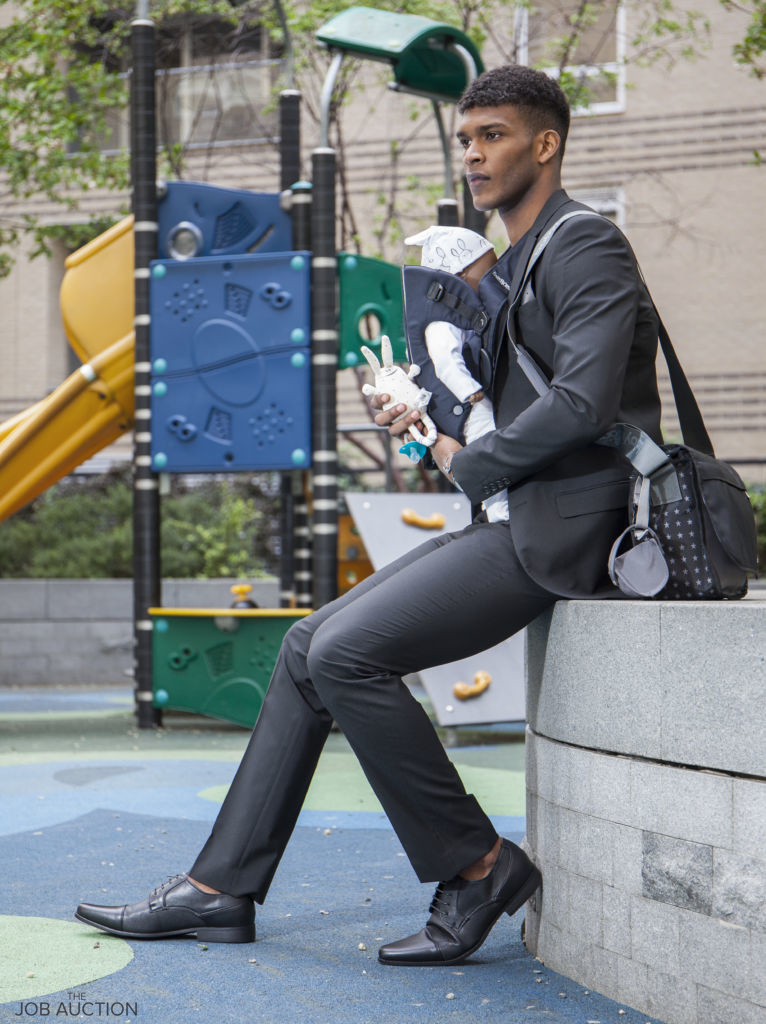Parental leave, be it maternal, paternal or adoption, at some point, we all need to return to work. So often is the discussion had about who’s going to give up work and usually that’s the lower earner (if you’re a couple) but what if you’re a single parent or what if you just want to go back to work? For many, childcare costs mean working isn’t worth it. Shouldn’t every workplace then, have a crèche?
If you live in London, (UK), then the cost of childcare will be higher for you than anywhere else in the country. It is likely you can’t afford to go back to work because of the cost of childcare or you wouldn’t be making any money if you did, so why would you. Let’s look at the pros and the cons of a crèche in the workplace that could facilitate working parents to return to their roles and take new babies or children with them.

Positives of having a crèche:
Less Stress
If your workplace has a crèche then that means you don’t have to worry about your little darling(s) while you’re in the office because you know that they’re in the building too. Stats show that stress levels are reduced when parents and children are in the same vicinity. Worrying about where your child is especially if your child is under the weather is dramatically reduced when they’re close by. Being able to check on your child is then possible at lunchtime.
Less Absence
If your child is in close proximity, you could take fewer days off. “Research has shown that parents who have access to workplace nurseries have lower rates of absenteeism and are more likely to stay with the company longer.” -Davina Ludlow, director of daynurseries.co.uk. More companies are seeing a rise in demands for a crèche and where that’s not available, other firms do offer nurseries close by which staff pay for, still saving more than they would if they found independent childcare solutions.
Positive Attachment to the Workplace
We all know that when companies are more accommodating and relaxed, we all like them a little bit more. Think Google and the slides and chillout spaces, and they’re not designed for the kids! Bosses seem friendlier when we can leave early and work remotely on an odd day that we may need to. If children are in the workplace this re-affirms the positive attachment to our work-life and home-life.

Realistic Expectations
Let’s be realistic, most people either do or will have children at some point in their lives. It’s reasonable to be understanding of this. Even if you don’t want kids yourself if other people don’t have them, where will the next generation of doctors, lawyers, mechanics (anyone) come from?! Forcing ourselves to be so removed from the real world in the workplace could create a culture that leaves employees feeling robotic and unappreciated.
It’s good for Children
We believe that if workplaces can offer a crèche, they should. It’s great for children to see the realities and routine of the working world. Watching parents at work daily sets a child up with basic knowledge of the working world. Foundation skills like dressing for work, being on time, behavior in the workplace, breaks and so on. Beyond this, children will likely be in a crèche with other children and will learn social skills and how to interact. One might argue that this would be a given if in childcare anyway but some parents can’t afford that option and will stay at home. It isn’t always the case that social interaction is readily available or affordable daily to all parents.

Negatives of having a crèche:
Company Money
There will be more involved for a company in having a crèche than not having one, undoubtedly. Set up costs include: safety procedures will need to be in accordance with law, insurance, access and the list goes on. Companies that don’t have an existing crèche would need to make adaptations to install one. Equipment in the crèche and activities extend beyond even basic childcare costs that parents would cover.
Space
Not every firm will have the space to create a room or floor that can accommodate crèche space. Since time and space is money also this is potential square footage that could be earning it’s own weight in cash, rather than just as a facility which serves employees.

Getting There
Some of us drive to work but most of us will take the train, bus or London Underground. TFL state that Waterloo, the busiest station has 100.3 million passengers per year. That’s a lot of people. Realistically transporting a child in rush hour with or without a pram/buggy/all other necessary equipment will not be a walk in the park.
Noise
Similar to the space issue, unless the workplace in question has soundproofing or a separate floor for the crèche then this could be a distraction in the workplace. Children do make noise. A lot of noise. Activities, toys, and music all make noise. Likely not something the company will deem productive.
Not Fit for Purpose
One of the most important points when bearing in mind a crèche is whether the location is fit for purpose. Not everyone works in an office. If you work on a busy construction site where there’s clear danger or in a salon where there could be chemicals, clients coming and going then even a separate space on-site may not be feasible.








